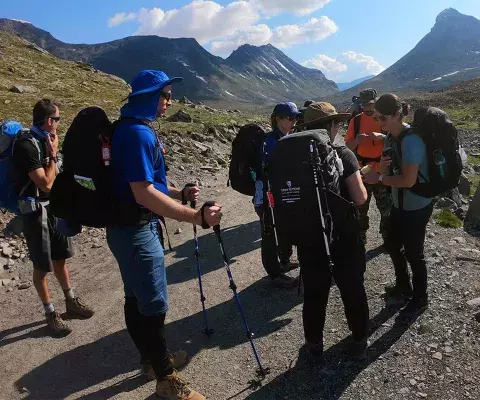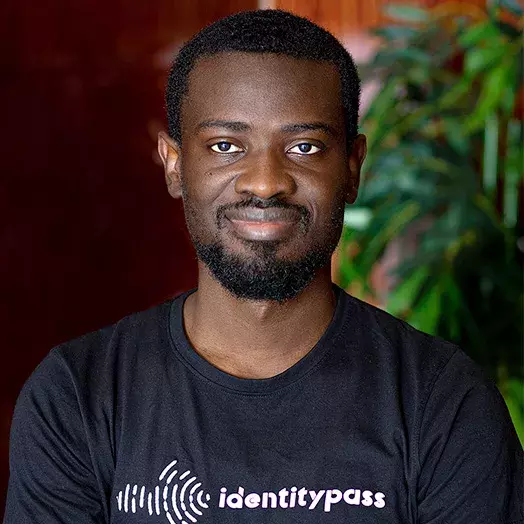Search
Showing 201 - 210 of 566
Researchers use a new dynamic lifecycle model to analyze housing demand and various tax policies to predict impact on the economy.
Richard Milter, PhD
Richard Milter, PhD (Organizational Behavior, University at Albany, State University of New York) joined the Johns Hopkins Carey Business School in 2006. He is a Professor in the practice track with expertise in the areas of management education and collaborative learning. Education Ph. D, Organizational Behavior, University at Albany, State University of New York MEd, Leadership, Loyola University of Chicago BA, English Literature, Ohio University Research Selected publications DeFillippi, R. and Milter, R.G. (2009) “Problem-based and Project-based Learning Approaches: Applying Knowledge to
Ali Eshragh, PhD
Ali Eshragh is an Associate Professor of Operations Management and Business Analytics at the Johns Hopkins Carey Business School. His main expertise is in modeling and optimizing real-world complex systems in the presence of uncertainty to provide optimal decisions and significant inferences for managers and policy makers. Ali publishes regularly in leading Operations Research and Machine Learning journals including Mathematics of Operations Research, Annals of Operations Research, and Journal of Machine Learning Research, and actively collaborate with several outstanding national and
With ‘Superbugs’ as Backdrop, Study Will Examine Use of Antibiotics in India
Carey Business School Assistant Professor Manuel Hermosilla won a Johns Hopkins grant to study whether India has reduced its use of antibiotics of last resort after serving as ground zero for one of the world’s most dangerous superbugs, NDM-1.
What’s yours isn’t mine: AI and intellectual property
Kathleen Day, lecturer of finance, business communication and law and ethics at the Johns Hopkins Carey Business School, shares how artificial intelligence may violate intellectual property law.
Carey alum breaks into the real estate market in Austin, TX
Brooke Harlander was recently named regional partner at St. John Properties. She shares insight on how she leveraged Carey’s connection to St. John Properties and how she plans on breaking into the new market in Austin, TX.
Fault lines in health care AI – Part five: The future of AI in medicine, next steps for policy and practice
In this final installment of our five-part series, we look ahead: What can we do to make AI in medicine safe, fair, and sustainable? What policies and practices will ensure AI relieves burdens instead of creating new ones?
New Study Questions Administration Plan to Cut Drug Prices
Last May, the Trump administration announced its “American Patients First” plan requiring pharmaceutical companies to reveal drug prices in their television ads. The administration described it as a “Blueprint to Lower Drug Prices and Reduce Out-of-Pocket Costs.” But a new study in JAMA Internal Medicine, co-authored by a Carey Business School faculty member, disputes the plan’s premise. The study found that price disclosure in ads may cut into demand for more costly drugs. However, price disclosure does not lead to reduced demand when ads include modifiers explaining that insurance coverage
One-year high: The impacts of Maryland’s legalization of marijuana
Mario Macis, professor of economics, health, and management and organization at the Johns Hopkins Carey Business School, shares how tax revenue is up, crime is down, and a recent gubernatorial declaration changes thousands of lives.






